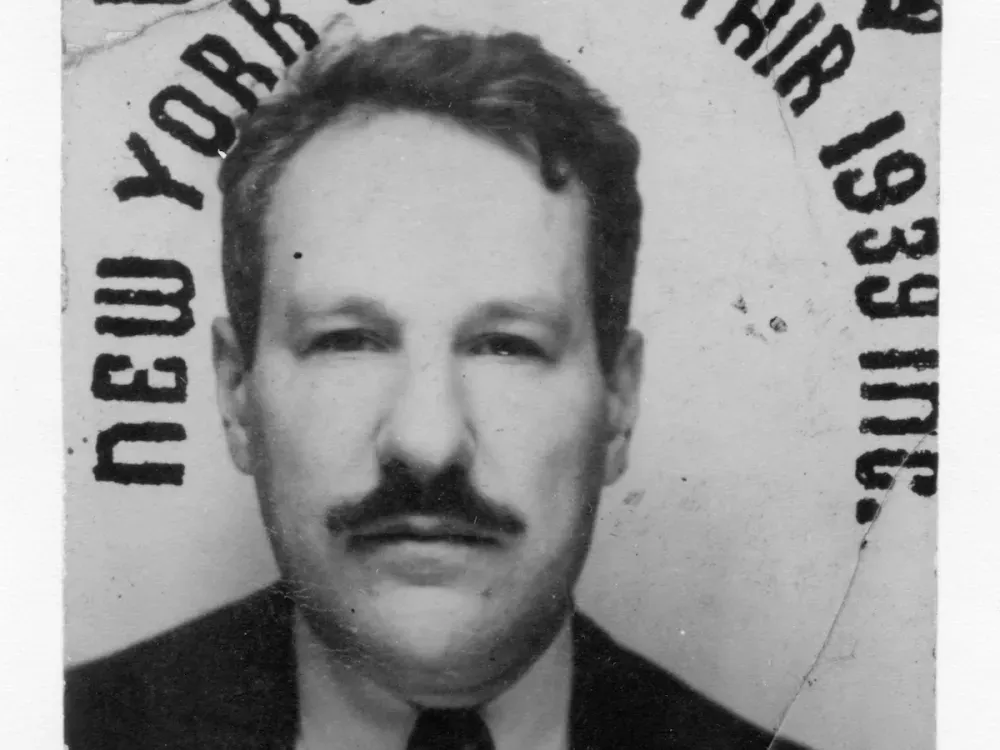There are no artists running for mayor of New York City this year, which makes next week’s election no different from most others. The one held in 1933 was an exception, however, because, as a new biography details, one of the postwar era’s most famous artists took his shot at becoming the city’s leader.
In Barnett Newman: Here, releasing today, art historian Amy Newman—no relation to the artist—briefly charts Barnett Newman’s failed run for mayor on a platform that was confusing at best.
What, exactly, did Newman stand for? You’d be forgiven at the time for not knowing. The man had yet to produce a painting; he was just 28 years old, with few bona fides to speak of. Amy Newman, his biographer, seems equally confused by Newman’s “pie-in-the-sky platform,” as she puts it.
What is clear is that Barnett Newman was running as a candidate opposed to a certain ascendant ideology among the left-wing crowd. He told the New York World-Telegram that he was running “specifically to oppose the possibility that a lot of intellectuals were being roped into Communism.”
Instead, he and his friend Alexander Borodulin, who was running for city comptroller, were campaigning on a platform that could be termed “rather Socialist—and utopian,” per Amy Newman. They wanted a free, city-run art school, waterfront parks and cleaner waters to be overseen by a dedicated department, and “the ownership and sale of public-utility services,” making for a New York that was “almost tax free, with rentals accordingly reduced for all,” as Barnett Newman and Borodulin put it.
Did Newman think that was a winning platform? “I don’t particularly expect to be elected,” he told the New York World-Telegram.
Also speaking to the World-Telegram, Newman said, “The artist is free. He doesn’t belong in a government of expediency.” Apparently, few thought an artist belonged in a government—he lost, and his mayoral run is now largely forgotten.
But Amy Newman proposes that, though his candidacy became a “joke in the family,” as Barnett once put it, his run is still insightful into his personality. She notes that he had become involved in denouncing rampant antisemitism and writes that he may have heeded “the lesson passed on by Jewish fathers in the face of anti-Semitism: ‘A Jew’s best weapon is his mouth.’” Across this biography’s 700 pages, Barnett does a good deal of mouthing off, and maybe his botched mayoral run was just that: a means of talking back to power.
